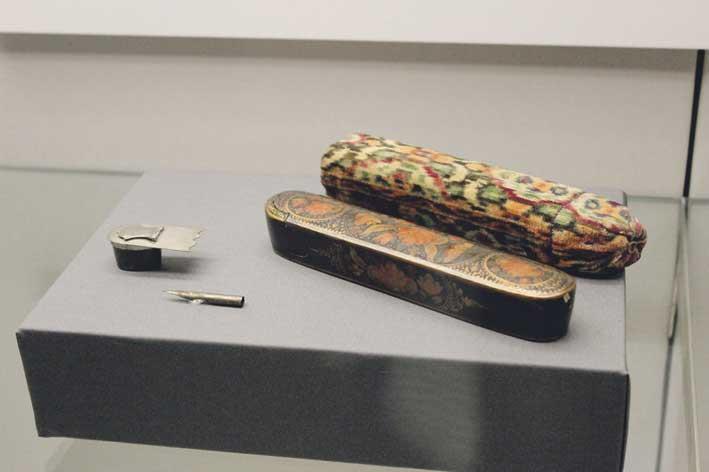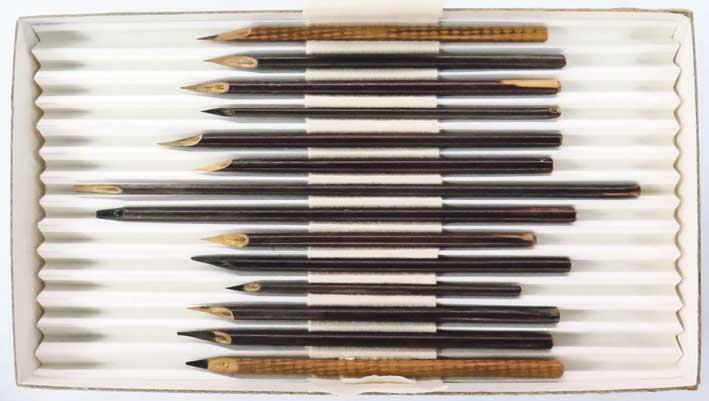I don't want another week to pass by without my writing something about an important bicentenary - that of the birth of Bahá'u'lláh (1817-1892) in Tehran. This was celebrated all over the world and in Malta last October. I was invited to an evening at The Palace. Since I have known a handful of those following the Bahai faith and like their way of life very much I went along to celebrate with them.
'Let your vision be world embracing...' Bahá'u'lláh , whose name translates as 'The Glory of God,' wrote. Thousands of verses, letters and books flowed from his pen. In his writings he outlined a framework for the development of a global civilization which takes into account both the spiritual and material dimensions of human life. For this he endured 40 years of imprisonment, torture and exile. As we know, Bahais have been persecuted especially in Iran.
Founded by Bahá'u'lláh in 1863, the Bahá'i faith is the most widespread religion in the world, with adherents in virtually every country . Its founder wrote that throughout history God has sent to humanity a series of Educators - known as Manifestations of God - whose teachings have provided the basis for the advancement of civilization. According to him these Manifestations have included Jesus, Abraham, Krishna, Zoroaster, Moses, Buddha and Mohammad.

Bahá'u'lláh explained in his writings that the religions of the world come from the same Source and are in essence successive chapters of one religion from God.
We all know the famous saying that 'The pen is mightier than the sword.' In other words, ideas have a greater impact, when written down and read, than when they're spread by force. It is interesting to note that these now famous words (used often enough in the last months) were coined by the English author Edward Bulwer-Lytton in 1839. He was an exact contemporary of Bahá'u'lláh, the founder of the Bahai faith.
Today we have become used to the ability which is at our fingertips to share ideas in an instant across the planet. But it was through pens that Bahá'u'lláh set out his vision which was for a united human race. He believed in the oneness of humanity and that we are all members of the human family. The elimination of prejudices was also high on his agenda. He believed that whether on the basis of race, gender or religion, prejudices are a major contributor to the ills afflicting humanity.
Then there is unity in Diversity - not the mere toleration of diversity but learning to enable human diversity to be the cause of love and harmony, as it is in music "where many different notes blend together in the making of a perfect chord."

Selfless service towards our fellow human beings is emphasized in this religion. He believed our true identity is spiritual and our true nature noble. Universal peace can be achieved through the application of certain social principles including the equality of men and women. Then there is education for all; the adoption of a universal auxiliary language; the abolition of extremes of wealth and poverty and justice as the ruling principle in human affairs.
After all not really different to what the Christian religion has been teaching us for some 2000 years.
Bahá'u'lláh's vision is found in over 100 volumes of writings. It is through these writings that his teachings spread, giving rise to a community that now numbers in the millions. Because of his teachings of the Revelation that he received for some 40 years and which were written down and authenticated by him he endured torture, imprisonment and exile from his homeland. He died at the age of 75 and his burial place is at Bahji near Akka.
His shrine is visited each year by thousands of pilgrims from every corner of the globe who have espoused his religion and strive to put his teachings into operation in their lives.
In the case of Christianity for example, an old religion, it was the spoken sayings of Jesus that were passed down by others and captured in texts that have become sacred scripture. For Muslims, the Qur'an was verbally revealed to the Prophet Muhammad.
Bahá'u'lláh who had his secretary taking down his revelations which were later authenticated by him, was also a skilled calligrapher.
The basis of this religion is the oneness and the equality of the human race. 'O Children of Men. Know ye not why We created you all from the same dust? That no one should exalt himself over the other.'
He believed that all nations should become one in faith; that the bonds of affection and unity between man should be strengthened and differences of race be annulled. 'Let not a man glory in this, that he loves his country; let him rather glory in this, that he loves his kind.' Bahais share a common goal of serving humanity and refining their inner-lives in accordance with the teachings of Bahá'u'lláh.
That evening at The Palace Hotel the documentary Light to the World was launched. This was made up of various accounts of people from different nations "whose lives have been transformed by the light that Bahá'u'lláh brought to the world."
Various speakers then made presentations. There was music but everything was low key. I have noticed that about the Bahais who have come into my life at various points. They practice their religion in their everyday life, as indeed we all should, and without the least fuss.
A reception then followed during which ideas were exchanged and the documentary discussed.
If you happen to be in London the exhibition The birth of Bahá'u'lláh: a bicentenary celebration of the Bahá'í Faith's founder is at the British Museum, in John Addis Gallery, Room 34 until 22 January 2018.
This exhibition opens another window into the life of this extraordinary man, his life and works and the immeasurable influence that His Word has had on the world. He was indeed a force for good as indeed, are the Bahai's.
[email protected]